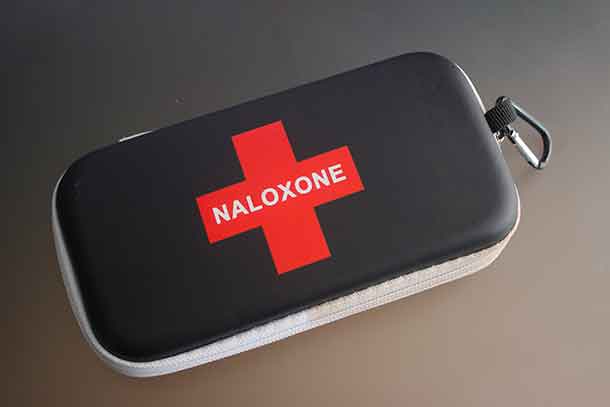Thunder Bay – NEWS – Thunder Bay Police Service have issued a public safely alert regarding the toxicity of narcotics currently presumed to be circulating the city.
Police report that “Recent calls for service, along with information obtained through various investigations, has led police to believe a potential spike in drug-related overdoses is currently occurring. Frontline officers have noticed a significant increase in overdose related calls for service throughout this past weekend in particular.”
There are no statistics available at this time to confirm the apparent trend, but police are confident a public safety alert is necessary.
The opioid commonly referred to as “down” or “dizzy,” a fentanyl-based street drug, is most concerning as frontline officers have witnessed a number of recent overdoses and sudden deaths where the use of this substance is suspected.
The sale of fake Percocet pills, and fake Oxycodone pills, which likely contain fentanyl, is also a concern along with other narcotics contaminated with fentanyl unknown to the user.
Anyone consuming these narcotics should never do so alone. Always have someone with you who can assist in case of a medical emergency, and please ensure Naloxone kits are readily available. Anyone treated for an overdose should still seek medical attention even if they appear to have fully recovered.
If you are struggling with addiction, the Thunder Bay Police Service would like you to be aware that you may be more at risk at coming into contact with fatal and dangerous narcotics. If you know of a loved one struggling with addiction, police encourage you to speak with them about these issues.
The Good Samaritan Drug Overdose Act provides some legal protection for people who experience or witness an overdose and call 911 or their local emergency number for help.
The Act can protect you from:
- Charges for possession of a controlled substance (i.e. drugs) under section 4(1) of the Controlled Drugs and Substances Act
- Breach of conditions regarding simple possession of controlled substances (i.e. drugs) in:
- pre-trial release
- probation orders
- conditional sentences
- parole
The Good Samaritan Drug Overdose Act applies to anyone seeking emergency support during an overdose, including the person experiencing an overdose. The Act protects the person who seeks help, whether they stay or leave from the overdose scene before help arrives. The Act also protects anyone else who is at the scene when help arrives.
The Act does not provide legal protection against more serious offences, such as:
- outstanding warrants
- production and trafficking of controlled substances
- all other crimes not outlined within the Act
The Good Samaritan Drug Overdose Act applies to anyone seeking emergency support during an overdose, including the person experiencing an overdose. The Act protects the person who seeks help, whether they stay or leave from the overdose scene before help arrives. The Act also protects anyone else who is at the scene when help arrives.
The OPP has created posters, information cards, and community safety videos to help educate the public and community agencies. These resources as well as other additional information about the GSDOA can be found by visiting: www.opp.ca/overdose or opp.ca/surdose and OPP social media accounts.
Anyone who encounters another person who appears to be in a state of overdose should immediately call 9-1-1.
Naloxone, or NARCAN as it is also known, is the antidote to opioid poisoning and reverses the effects of opioids that cause breathing to stop. Take-home Naloxone kits and training are available free of charge and without a prescription, to anyone who believes that they may need to use this antidote for themselves or for someone else. Naloxone can be obtained from your local Health Unit locations as well as participating pharmacies.
If you are concerned about drugs being sold in your neighbourhood please call police at 684-1200 or submit tips anonymously through Crime Stoppers at 1-800-222-8477, online at www.p3tips.com.
If you have anxiety about coming forward to police, we strongly encourage you to speak with a family member or friend who may be able to come forward on your behalf.

